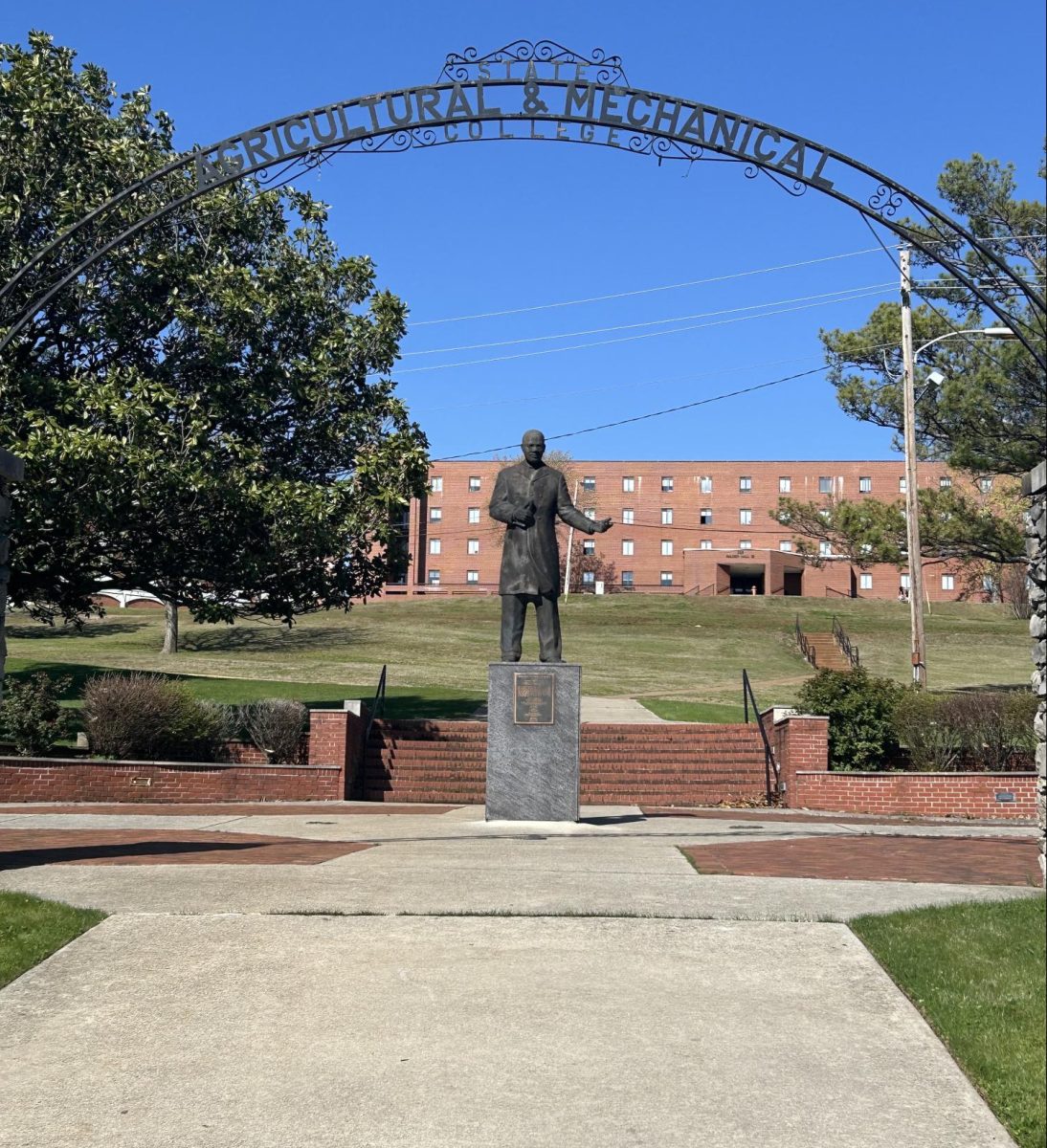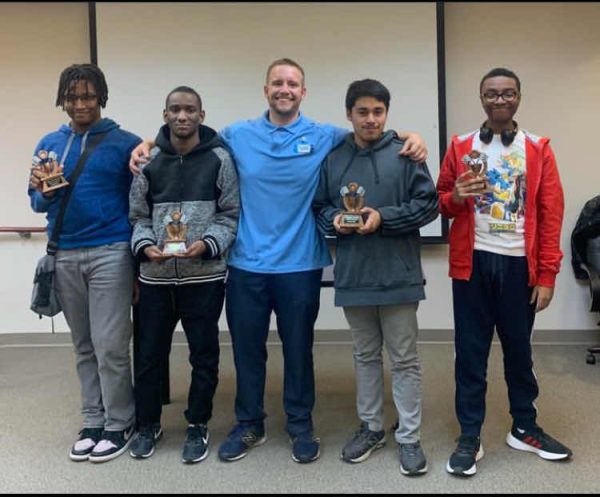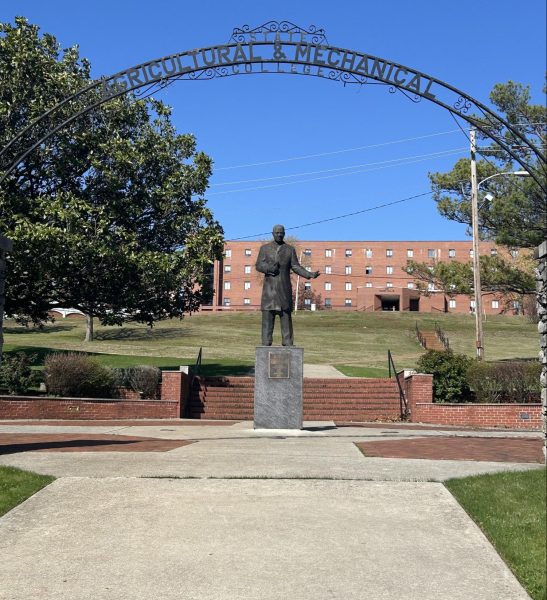Senioritis: The Real Virus
Image by Clker-Free-Vector-Images from Pixabay
February 29, 2020
Many viruses have been floating around the school and even around the world, but the one least discussed is “Senioritis.”
This virus affects at least 300-500 Seniors in high schools across the country. Seniors get restless, ready to graduate, but start to forget about their work that is still due.
I suffer from the virus myself; all I think about is college and how I’m about to open a new chapter. It blocks out that I still have to get my work done in order to still be able to go to college.
I spoke with fellow classmate and valedictorian Alauna Rupert about how the virus affects her: “It’s making me lose sight of how important it is to get my work done and to finish the school year strong. My grades are at the lowest they have ever been this semester, and I can’t seem to find the motivation to try harder. I understand senior year isn’t a blow-off year, and I know I need to do better, and I’m struggling everyday to get better grades and better work ethic.”
The virus seems to be contagious and doctors have not developed any treatment to help students get over the horrible symptoms, not to mention the horrible side effects. It seems that students that also balance multiple extracurricular activities get the worse of it.
Class president Rafiat Yarrow has caught the virus: “I don’t feel like doing anything, the majority of the work given to me is irrelevant.”
Many students feel that as seniors we should not have a huge workload and be able to work on things that we need to help us with college.
I spoke with the Salutatorian of our class Aaliyah Doss who says, “I would rather be working on scholarship applications since many of them require well thought-out essays; my school work gets in the way of me meeting deadlines. College is very expensive, so I need to apply for as many scholarships as possible to knock down the cost.”
Seniortis affects us all in different ways, but the symptom that we all have in common is constantly daydreaming of our upcoming days in college and forgetting about what we have to do to get there.
Although there is not a cure for the rapid spreading illness there are tips to help students get better:
- Remember that your grades are still important although you have been accepted and probably know where you will be attending. Colleges can still look at your final grades and if grades have dropped significantly they can reduce financial aid, put you on academic probation, or decline their offer.
- Set specific goals for yourself, if you have trouble getting work done try setting weekly goals of things that you need to complete, like allowing yourself to have an hour of study time before bed for a test you have coming up.
- Take the rest of school year one day at a time don’t let high school become a distant memory just yet; although college is right around the corner, it’s not here yet so live in the moment and end your high school career on a good note.
- Keep your diet as healthy as possible; having a healthy diet can give you the energy boost you need to get your assignments done.
- Last, but not least, continue to have fun. Don’t be so eager to graduate that you miss out on the last priceless moments of high school.
These tips may not change the symptoms overnight, but it is a start. If you or anyone you know is suffering from senoritis refer them to this article, and get well soon, Class of 2020.


















